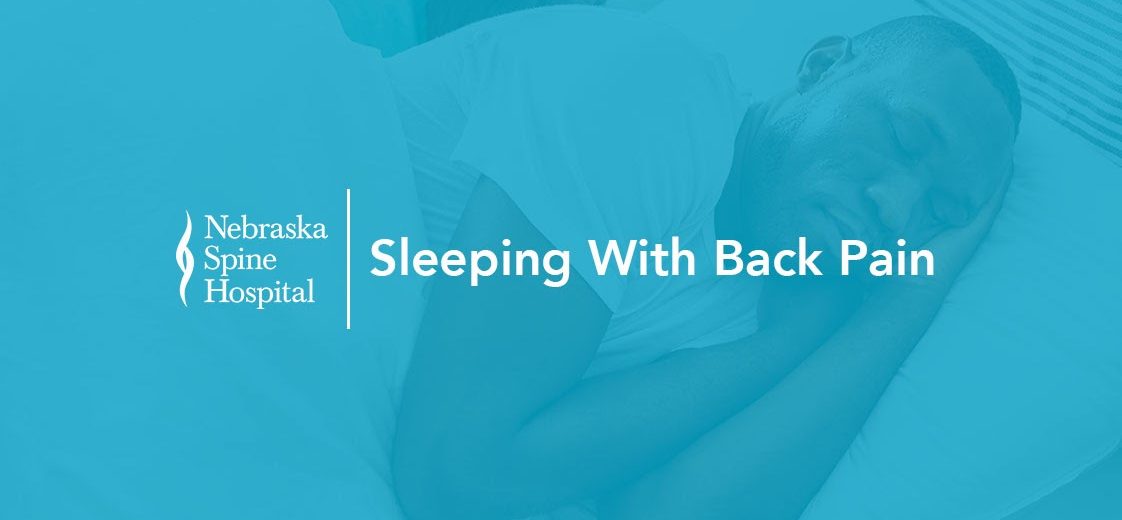Many of our patients complain of difficulty sleeping with back pain. This fact alone is to be expected. Many studies have found that back pain not only interferes with falling asleep, but staying asleep as well. What many of our patients don’t realize is that lack of quality sleep can actually contribute to their pain. Did you know that a lack of quality sleep can actually contribute to your back pain? Share on X
While most experts agree that 7-9 hours of sleep per night is adequate for most adults, what they don’t discuss is the quality of sleep. When it comes to your body’s healing process, quality sleep is often more important than the quantity of sleep.
Keep reading to learn more about how back pain affects your ability to sleep and how poor sleep can make your back pain worse.
Back pain and your ability to sleep
Sleeping with back pain is difficult for a number of reasons. For one, have you ever laid awake at night extraordinarily aware of your surroundings and how your body is feeling? Often we’re so distracted by other things throughout the day that we don’t have time to really focus on how we’re feeling. Unfortunately, for those suffering from back pain, their pain becomes more intense at night just because of increased pain awareness.
In addition to increased awareness, it can often be difficult to find a comfortable position to sleep in. Some conditions may even require you to alter your normal sleeping position. Below, we’ve listed a few conditions and suggested sleeping positions for optimum comfort.
Degenerative disc disease
Many people with degenerative disc disease find comfort sleeping on their stomach with a flat pillow placed under their hips. This sleeping position helps to relieve pressure placed on their discs.
Osteoarthritis
Those with osteoarthritis often find that sleeping on their side with their knees curled up is the most comfortable position. Sleeping in this position helps to open up joints in the spine and relieve pressure.
Spinal stenosis
Similarly to those with osteoarthritis, many people with spinal stenosis find comfort sleeping in the fetal position, as it helps to relieve pressure on their nerve roots.
Poor sleep and your back pain
As we mentioned before, our patients are often surprised that poor sleep can actually make their back pain worse. When your body is deprived of sleep, it shuts down the release of a hormone responsible for relieving pain and healing the body. It can also intensify your body’s sensitivity to pain and aggravate inflammation, both leading to increased pain.
We posted this article for educational purposes only. It is not meant to serve as medical advice.

